




Positions: to the North or West? Findings of public opinion surveys։ 2014-2017 and 2019
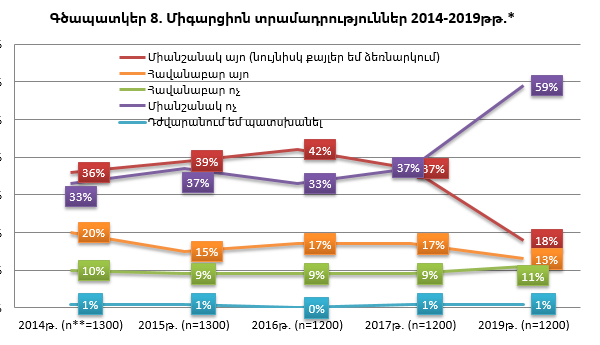
Other | Activities | Reports|Information Papers|Brochures | Project։ Raising Effectiveness of Protection of Citizens’ Rights in Relations with the Police | Publications | Civilian Oversight and Monitoring
In May 2019, a sociological survey was conducted on the whole territory of the Republic of Armenia by Helsinki Citizens’ Assembly-Vanadzor with the involvement of “Advanced Public Research Group” non-governmental organization. The survey was conducted for the 5th time since 2014 and was aimed at discovering the public sentiment towards international organizations, namely, European Union and Eurasian Economic Union.
Interesting facts have been recorded as a result of the comparison of surveys conducted in different years.
Compared to 2017, in 2019, the number of people in favor of the European Union and the number of people in favor of Eurasian Economic Union have reduced. The number of those in favor of EU has reduced by 3% and reached 30%, while the number of those in favor of EEU has reduced by 12% and reached 20%.
It is noteworthy that in 2019, as compared to 2017, the number of people who prefer membership of both organizations has increased more than twice and reached 30%.
According to 2016, 2017 and 2019 comparative data, the number of those considering membership of EEU desirable changes along with the indicator of the RF attitude towards the RA. The greater the number of those considering the RF attitude towards the RA to be friendly, the greater the number of people preferring membership of EEU and vice versa. Nevertheless, the same connection does not exist in case of EU: irrespective of the opinion on the RF attitude, the majority of respondents is prone to membership of EU.
Something interesting was also recorded regarding the positions by regions. According to the comparison of years, the preference of membership of EEU reduces in all the regions, while, in case of EU, the image is not definite. The growth trend is more clearly expressed in Yerevan city, Aragatsotn, Ararat, Lori and Vayots Dzor regions.
The number of those prone to membership of EEU also has a tendency to reduce according to residence place types. When it comes to EU, there are again different indicators. The number of those prone to membership of EU has grown, by years, in Yerevan city and rural areas, and has reduced in regional cities.
In all the years observed, female representatives were more prone to membership of EU.
While the majority of respondents were inclined to joining EEU in previous years, in 2019, the persons inclined to joining both organizations made the majority in that age group. The number of those inclined to joining EEU has also significantly reduced among persons aged 36-45.
By years, those having elementary, secondary, secondary vocational and higher education are more inclined to joining EU.
Female representatives aged 18-45 who reside in the capital and whose family’s average monthly income is higher than 65.001 drams make the majority among those inclined to the RA membership of European Union.
RA membership of EEU is mostly preferred by male representatives older than 61 who reside in rural areas and whose family’s average monthly income does not reach 35,000 drams.
We hold that having lived during the USSR period of time, representatives of older age groups prefer the RA membership of EEU by thus expressing their desire to restore the past. And the older the respondents are, the greater their number is among those who prefer the RA membership of EEU.
The majority of those preferring the RA membership of EEU belong to the lowest income group.
The survey shows that the source of information also has a significant impact on the formation of the sentiment. An interesting change can be seen in the opinions of persons whose main source of information is television, i.e. the source controlled by the authorities. While in 2017, those, whose main source of information was television, were more inclined to EEU, in 2019, the majority of the representatives of this group is inclined to joining both organizations and this is attributed to the change of the government.
It is noteworthy that while in previous years there was a clear connection between the migration intentions and predilection for membership of international organizations (the majority of those preferring the RA membership of European Union were persons who expressed an intention to migrate), no such connection was discovered in 2019.
In general, the number of those who do not want to migrate has sharply increased. The number of persons who are optimistic about the country’s future has also increased. In our opinion, this can be put down to the social-political events that took place in Armenia in 2018 and public perceptions of those events. The number of optimists is greater among those who are in favor of EU membership.
The survey results are presented in detail HERE


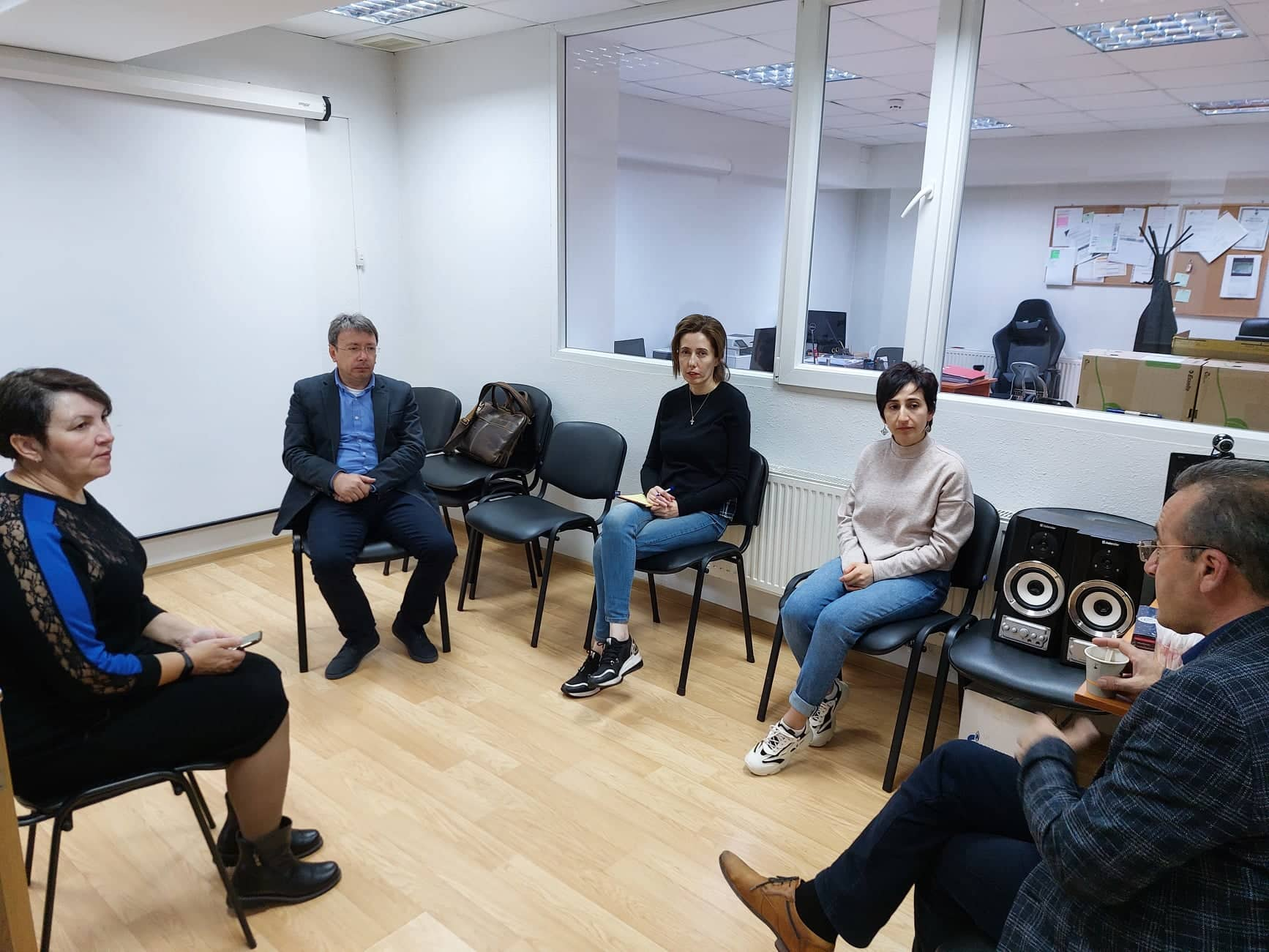
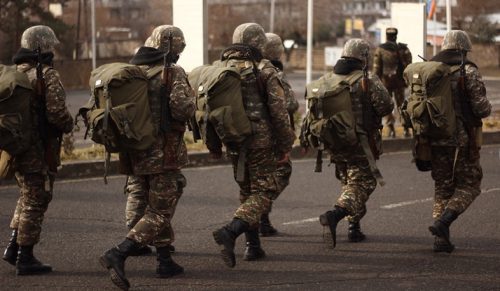

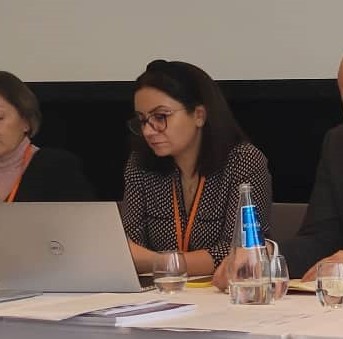


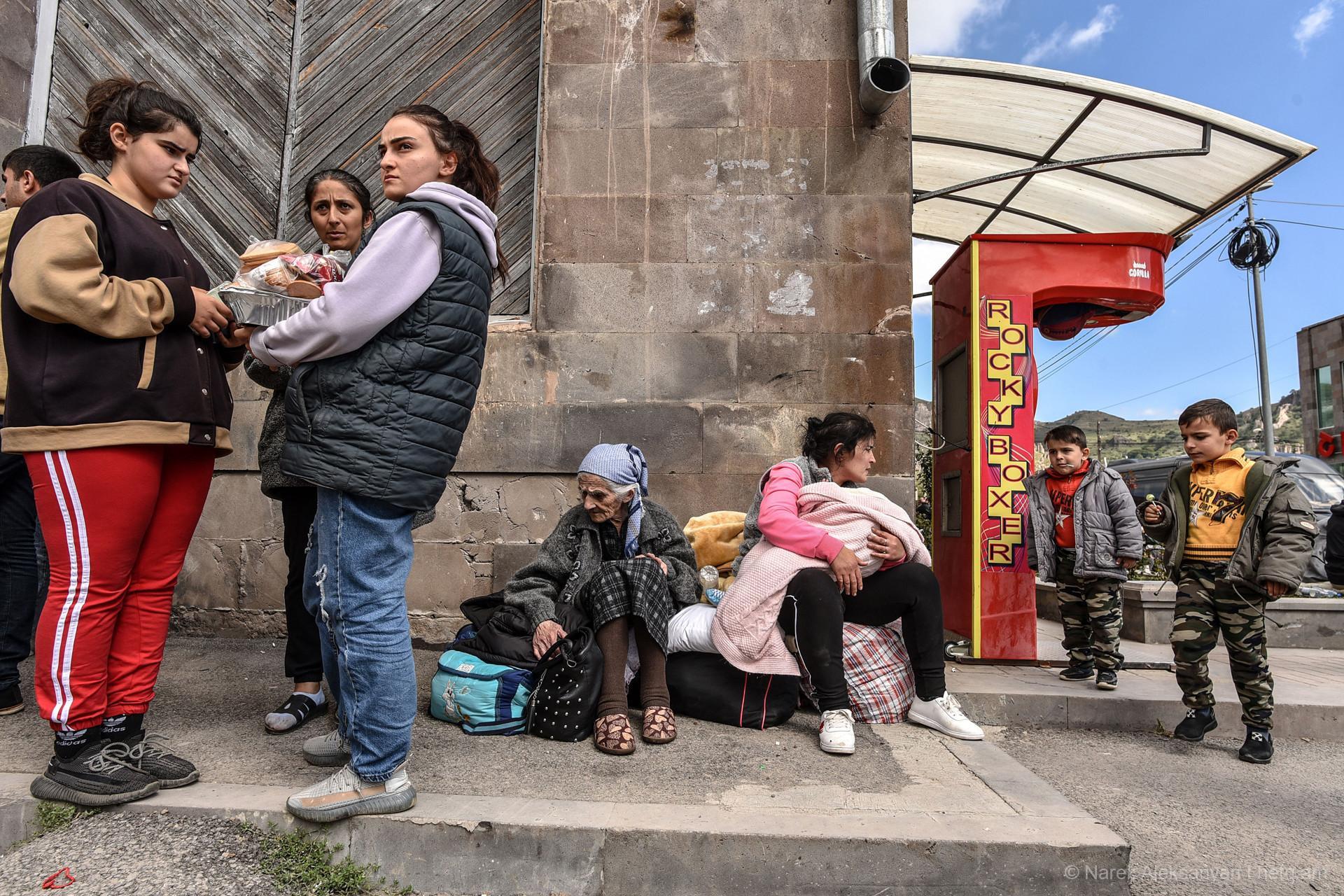





Leave a Reply